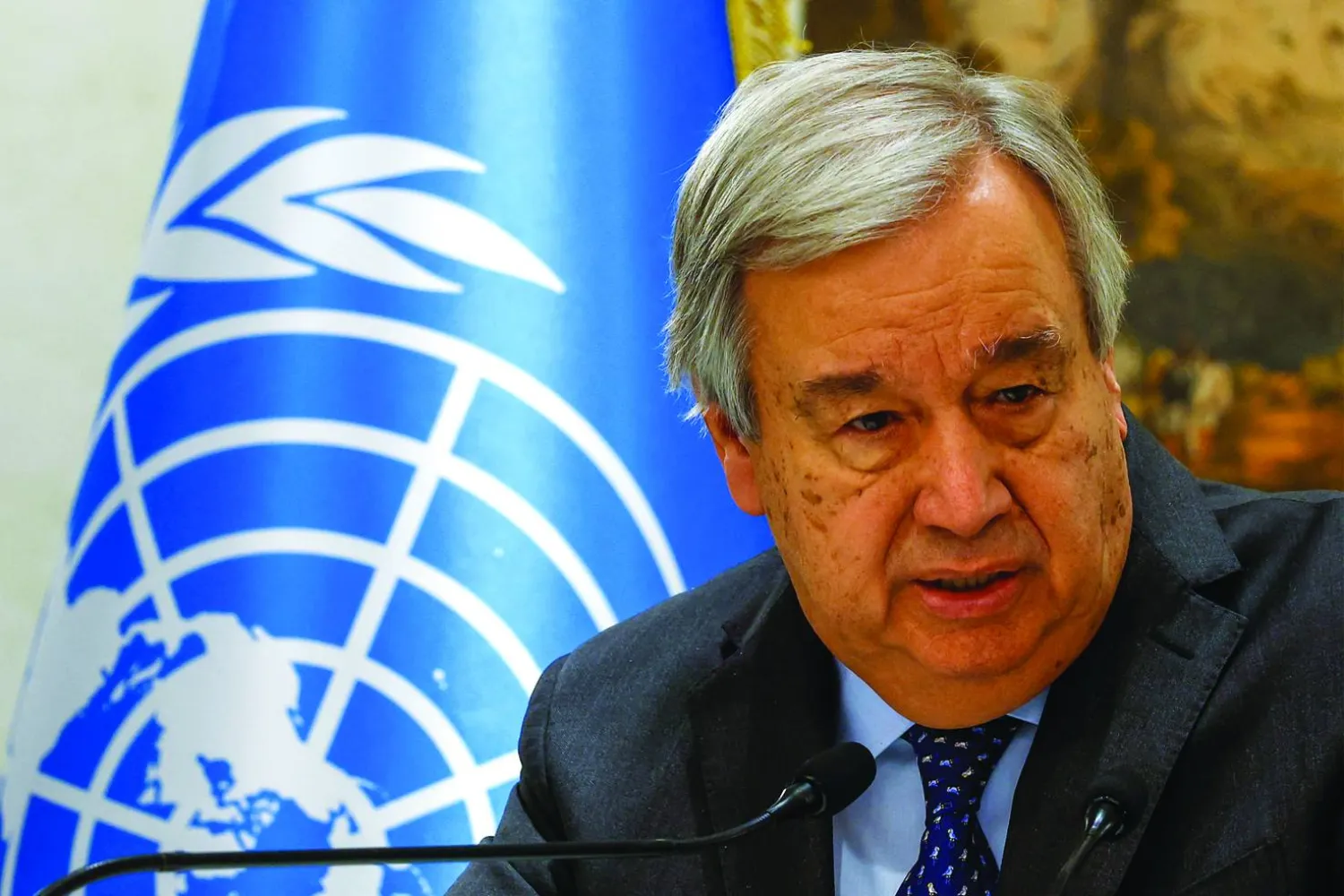The United Nations Secretary-General Antonio Guterres will begin consultations to start a process to appoint a UN envoy to coordinate engagement between Afghanistan's Taliban and the international community, he said on Monday.
Taliban failed to show up at a United Nations-sponsored conference meeting on Afghanistan in Doha on Sunday.
The announcement coincides with a report from the UN mission in Afghanistan that said Afghan women feel scared or unsafe leaving their homes alone because of Taliban decrees and enforcement campaigns on clothing and male guardians.
In December, the UN Security Council adopted a resolution asking Guterres to appoint a special envoy for Afghanistan. The Taliban have consistently been against this.
Speaking with reporters in Doha at the closing session of the Meeting of Special Envoys on Afghanistan, Guterres hoped that the Afghan de facto authorities would attend the next round of such meetings.
The Taliban had refused to attend the UN-chaired high-level meeting in Doha. The two-day meeting, hosted by the UN secretary-general, discussed increasing engagement with Afghanistan and a more coordinated response to the Central Asian nation.
Participants included the US, China, Pakistan and the European Union.
Last week, though the Afghan foreign ministry did not immediately respond to requests for comment on plans to attend, the secretary-general of the Norwegian Refugee Council wrote on X, formerly Twitter, it was “disappointing that the Taliban declined to attend the special envoy meeting.”
“We urge all sides to do more to hammer out deals that can benefit the long suffering Afghan people,” Jan Egeland said.
Taliban chief spokesperson, Zabihullah Mujahid later said the movement will not attend Doha’s meeting.
A senior diplomatic source told AFP ahead of the meeting the Taliban government had said it would only attend as sole representative of Afghanistan at the convention -- excluding civil society representatives.
A second demand was that the Taliban government delegation meet with the UN secretary-general and be given an opportunity to present its position, the source said on condition of anonymity because of the sensitivity of discussions.
Taliban authorities said on Saturday their participation in UN-convened Afghanistan talks would be “unbeneficial” if certain conditions were not met.
It is important to note that the Taliban administration has not been officially recognized by any country since seizing power following the withdrawal of US troops in August 2021.
Different countries have taken varying approaches in their relations with the new authorities, with concerns over women's rights and security being significant obstacles.









